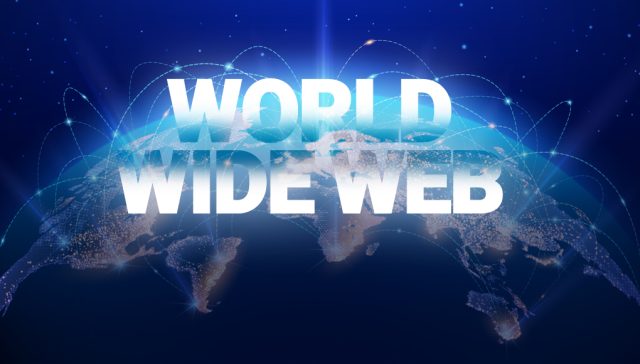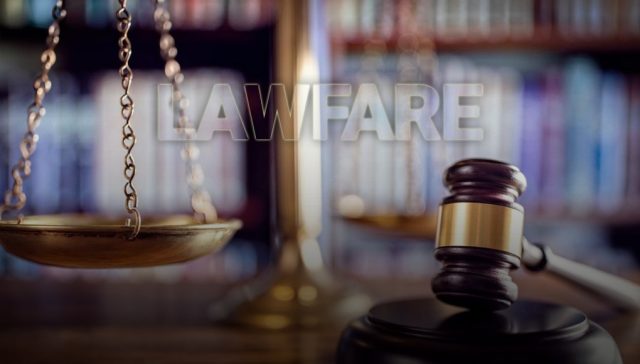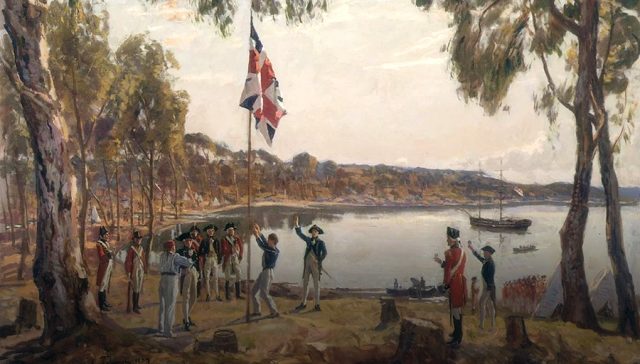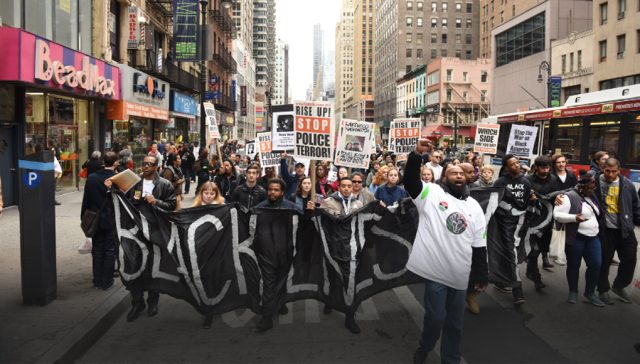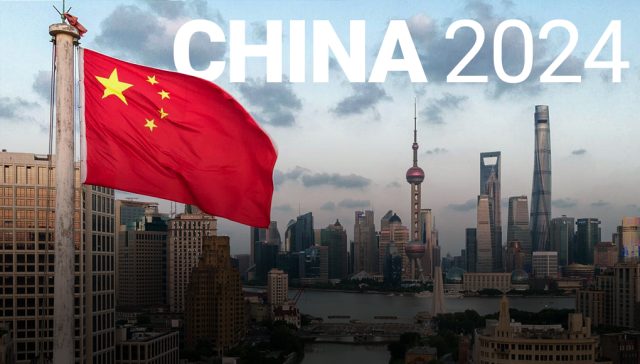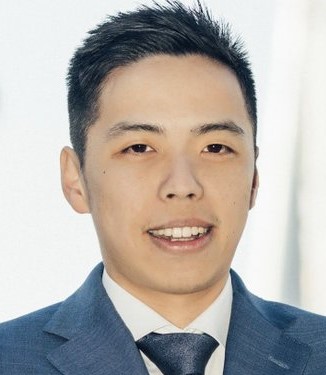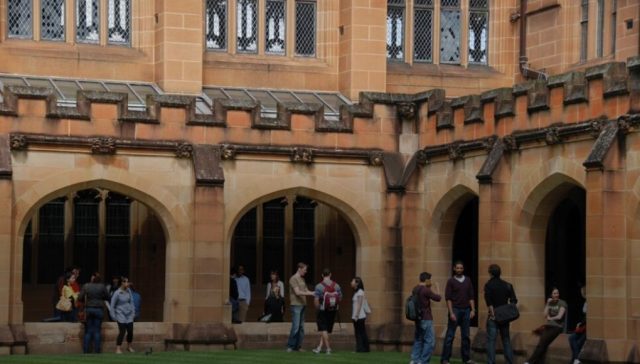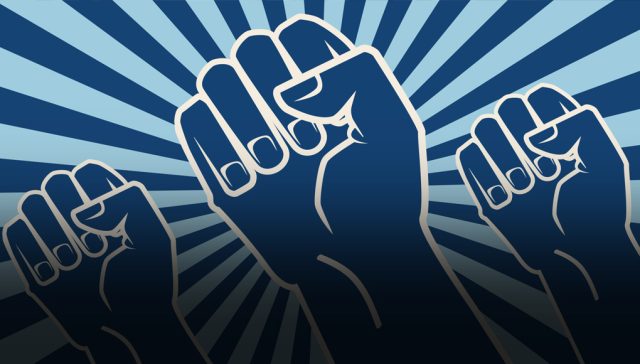Brave New World Wide Web
The reverse correlation between the internet’s growing accessibility and its diminishing freedom can only be arrested by changes in user habits
Much has been made of the ACMA ‘misinformation bill’ and its potential impact on free speech online in Australia. But the internet hasn’t been a bastion of free expression for quite some time now, and like always, it ultimately comes down to choice and the power of the consumer.
Prior to the rise of social media giants such as YouTube, Facebook and Twitter/X, the internet was largely a decentralised hub of independent content, websites, blogs and message boards. It was something of a wild west – not as easy to navigate or as accessible as it is today.
The market responds to genuine economic incentives far more than it does to vitriolic comments online.
Speech online was regulated not by law as much as in-house moderation, which sought primarily to improve the user experience. Google search functioned properly, as your search terms would deliver you to websites or listings which were actually relevant. Anonymity online was a key tenet of staying safe – people were actually encouraged to separate their online and offline lives.
This has now been replaced or superseded. Mostly gone are the volunteer admins of message boards – automated or paid moderation teams on large sites such as YouTube now ban users with no remit and apply terms and conditions selectively. Google search has descended into a bidding war for top place between AI-generated SEO-optimised junk listicles that attract clicks but ultimately waste your time (hint – use Reddit instead).
As for anonymity, KYC (know your customer), verification ticks and ID verification on account of frauds and criminals have largely taken care of that. Even Bitcoin, created to store wealth and transact outside the traditional finance system, has instead limped into Wall St via ETFs as dreams of mass adoption turned to mass investment by the very institutions it sought to subvert.
Alternatives exist, of course: you can source your news and editorials from independent publications like this one, or via Substack and other such platforms. You can even support creators directly who can no longer exist on YouTube or Facebook via platforms such as Rumble or Locals.
But we often don’t – it takes extra time, extra money, extra effort. Just like acting to protect our freedoms offline – we could use cash more, we could avoid supermarkets and shop local, we could live off-grid.
Speech online was regulated not by law as much as in-house moderation, which sought primarily to improve the user experience.
Ultimately, our collective need for security and convenience has allowed larger players to create monopolies in online spaces. As the internet has become more centralised and increased traffic (ie revenue) flows to the major players, we have subsequently seen an alarming but unsurprising partnership between ‘big tech’ and government develop. One that has sought to suppress free expression and crush competition.
We have largely allowed the same offline of course. It’s not just government either – consider the extra restrictions and occasional obstacles we face when transferring money from bank accounts for certain purposes. This is at least in part due to the collective risk of scams and fraud that is being passed on as a reduction in the ability to transact freely.
Achieving political, cultural or economic change which protects or expands freedom requires you to act, not just to think, not just to post online.
The market responds to genuine economic incentives far more than it does to vitriolic comments online.
As with the internet, when demand for security and convenience grew, the market adjusted. Aldous Huxley’s Brave New World perfectly described a society that had sleep-walked willingly into dystopia by simply having their base needs and comforts met conveniently.
We mustn’t follow a similar pattern. So don’t just demand freedom — create demand for freedom!

Max Payne is the Australian Program Associate with Students For Liberty, a global non-profit that spreads the values of libertarianism on campus. He is also a twice former candidate with the Libertarian Party and maintains a keen interest in Austrian economics, classical music and organic gardening.





